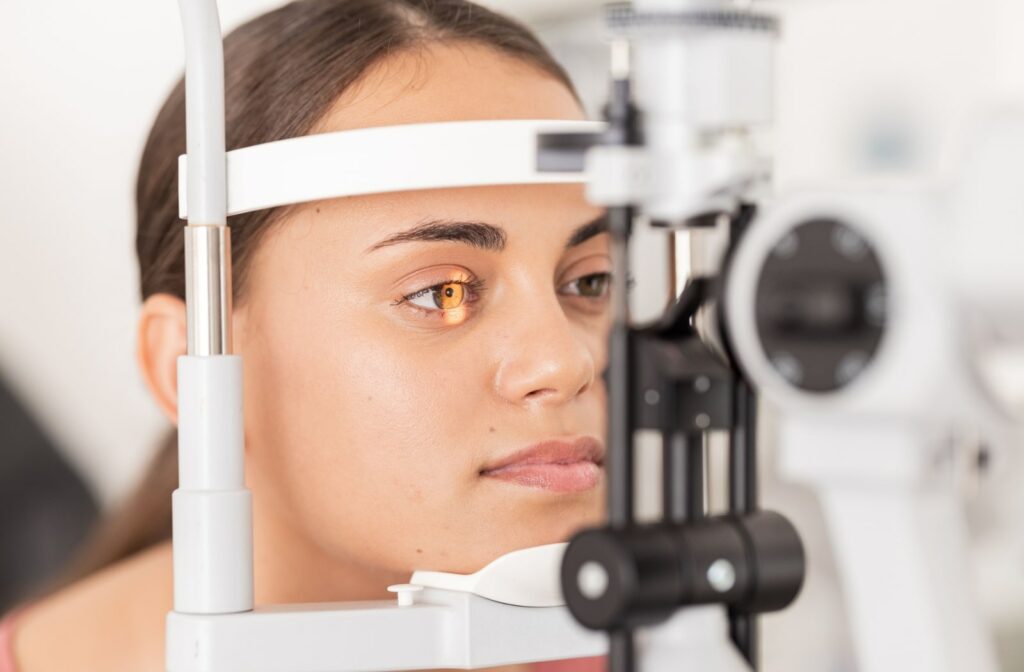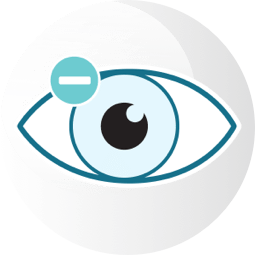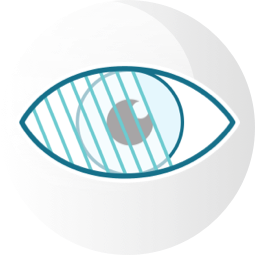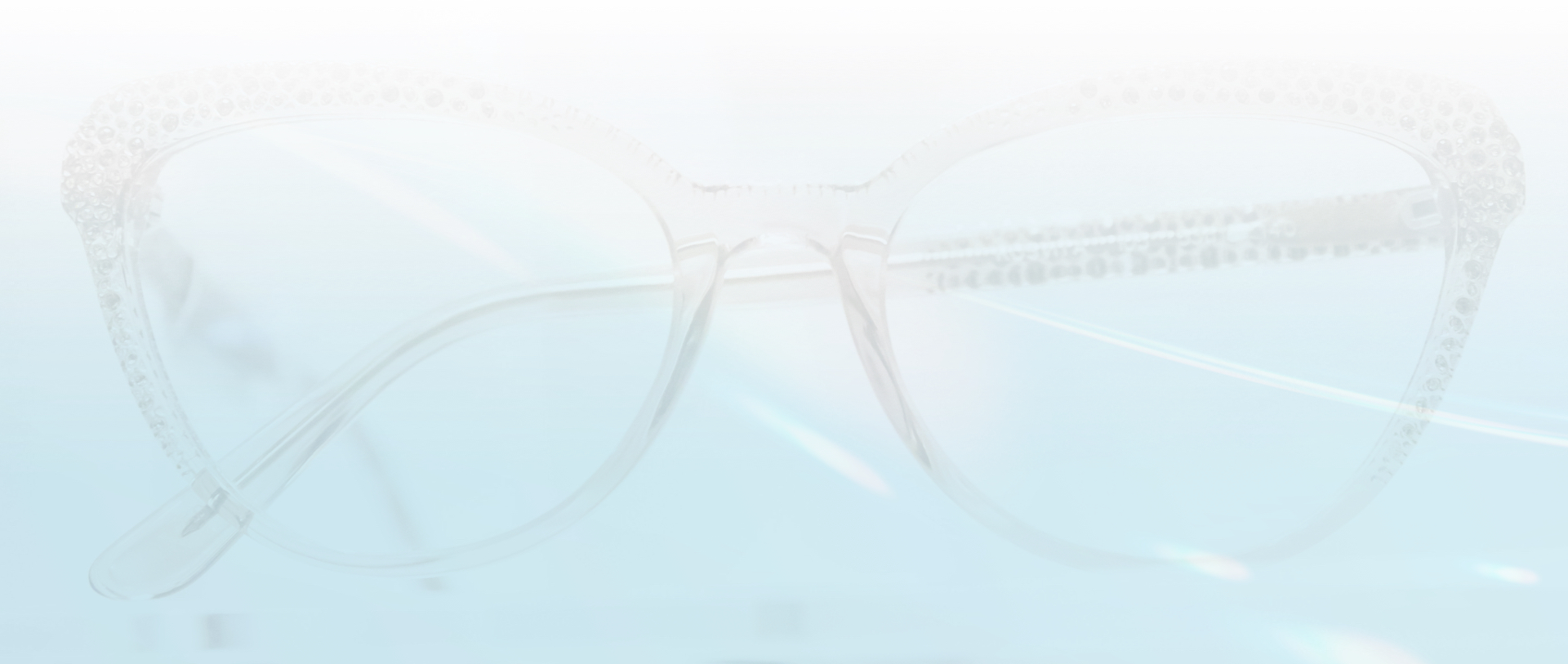Itchy eyes can be more than just an inconvenience; they can significantly interfere with your daily life and comfort. If your eyes persistently itch, you may wonder if it’s benign or even an eye infection. Some common causes of itchy eyes can include allergies, dry eye, conjunctivitis, excessive contact lens use or improper hygiene, and blepharitis. Together, we will explore in-depth common causes and practical solutions to alleviate symptoms.
Common Causes of Itchy Eyes
Understanding the root cause is crucial in finding effective relief. Here are the most common causes of itchy eyes.
Allergies
Allergies are one of the leading reasons behind itchy eyes. When your body encounters a substance it considers an allergen, such as pollen, pet dander, or dust mites, it releases histamines as a defense mechanism.
This reaction can lead to inflammation, resulting in itching, redness, and watering of the eyes. Identifying and avoiding the allergens that trigger your symptoms is a critical step towards relief. Over-the-counter antihistamines and eye drops can also help to reduce the discomfort.
Dry Eye
Dry eye disease occurs when your eyes do not produce enough tears or the quality of tears is poor, leading to insufficient lubrication. This condition can cause a variety of symptoms, including itching, irritation, redness, and the sensation of having something gritty in your eyes.
Factors contributing to dry eye can range from aging, certain medications, and wearing contact lenses to environmental conditions like dry or windy climates. Incorporating artificial tears, using a humidifier to add moisture to the air, and taking regular breaks during prolonged computer use can help manage symptoms. In more severe cases, consulting an eye care professional for specialized treatments may be necessary.
Conjunctivitis (Pink Eye)
Pink eye, medically known as conjunctivitis, is an inflammation of the transparent membrane (conjunctiva) that lines the eyelid and covers the white part of the eyeball. This condition can be triggered by viral or bacterial infections, as well as allergic reactions, causing the eyes to become red, swollen, and itchy. Other symptoms may include discharge, a gritty feeling in the eye, and sensitivity to light.
Depending on the cause, pink eye can be highly contagious, so it is important to practice good hygiene, avoid touching your eyes, and consult a healthcare professional for appropriate treatment. For allergic conjunctivitis, avoiding allergens and using antihistamine eye drops can provide relief.
Contact Lenses
Wearing contact lenses, particularly for extended periods, can significantly contribute to itchy eyes. This discomfort can arise from the lenses obstructing natural tear distribution across the eye, leading to dry spots and irritation. Additionally, protein deposits from your tears can build up on the lenses, exacerbating the itchiness and discomfort.
It’s crucial to maintain proper lens hygiene, opt for daily disposable lenses if possible, and make sure that you’re using the correct type of lens solution. For those experiencing persistent problems, it might be worth exploring switching to glasses or discussing alternative contact lens materials with an optometrist.
Blepharitis
Blepharitis is an inflammation of the eyelids, often affecting the part of the eyelid where the eyelashes grow. It occurs when tiny oil glands near the base of the lashes become clogged, leading to irritated and red eyes. Symptoms of blepharitis include itchy eyelids, flaky skin around the eyes, and a feeling of something in the eye.
Managing blepharitis involves maintaining a strict eyelid hygiene routine. This includes applying warm compresses to loosen debris and gently scrubbing the eyelid with baby shampoo or a prescribed cleanser. Your eye care professional might recommend antibiotics or steroid eye drops if the condition is severe.

Possible Solutions & Remedies
As discussed briefly in the previous section, here are some remedies and solutions to help soothe your itchy eyes.
Avoid Allergens
- Identify allergens that affect you and try to avoid them.
- Keep windows closed during high pollen times, and consider using an air purifier.
Use Artificial Tears
- Lubricating eye drops, or artificial tears, can provide relief from dry eyes.
- Choose preservative-free varieties if you need to use them frequently.
Practice Good Contact Lens Hygiene
- Clean and store your contacts according to the manufacturer or eye care professional’s instructions.
- Don’t wear contacts longer than recommended, and replace them regularly.
Apply Warm Compresses
- A warm compress can soothe the irritation of blepharitis and help loosen any debris on the eyelids.
- Gently place a clean, warm washcloth over closed eyelids for a few minutes.
Seek Professional Advice
- If home remedies do not alleviate the itchiness or it becomes severe, it is important to consult with an eye doctor.
- They can help identify the underlying cause and recommend appropriate treatments, such as prescription medications or allergy shots.
When to Seek Professional Help
While itchy eyes can have various causes, understanding the root of the problem is the first step towards relief. By implementing the solutions and remedies outlined above, you can significantly reduce or even eliminate the discomfort of itchy eyes.
If your symptoms persist or worsen, seeking professional medical advice is always the best course of action. At McCauley Celin Eyecare Associates, we are here for you every step of the way. Book an appointment with us to take steps towards your eye health today.














